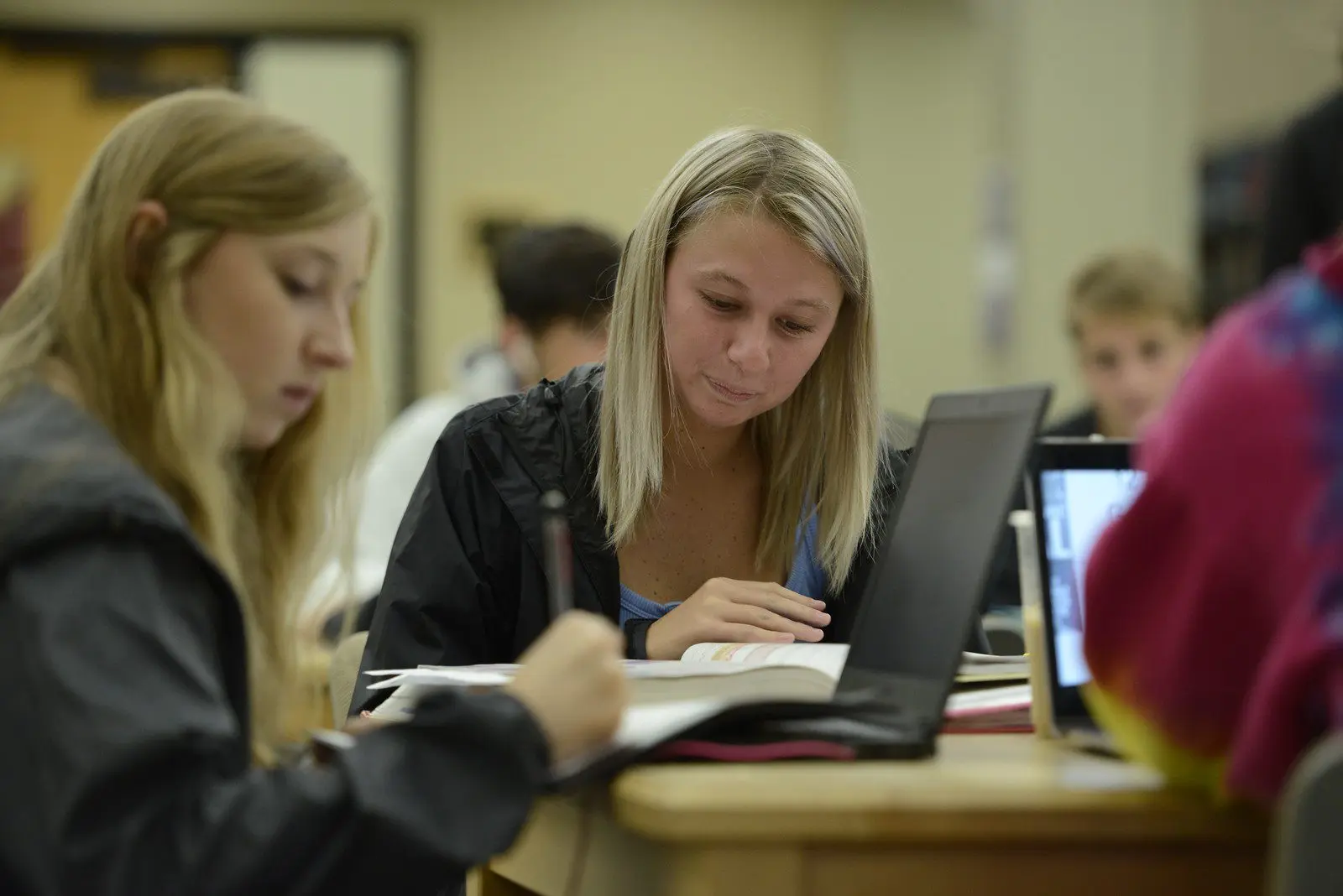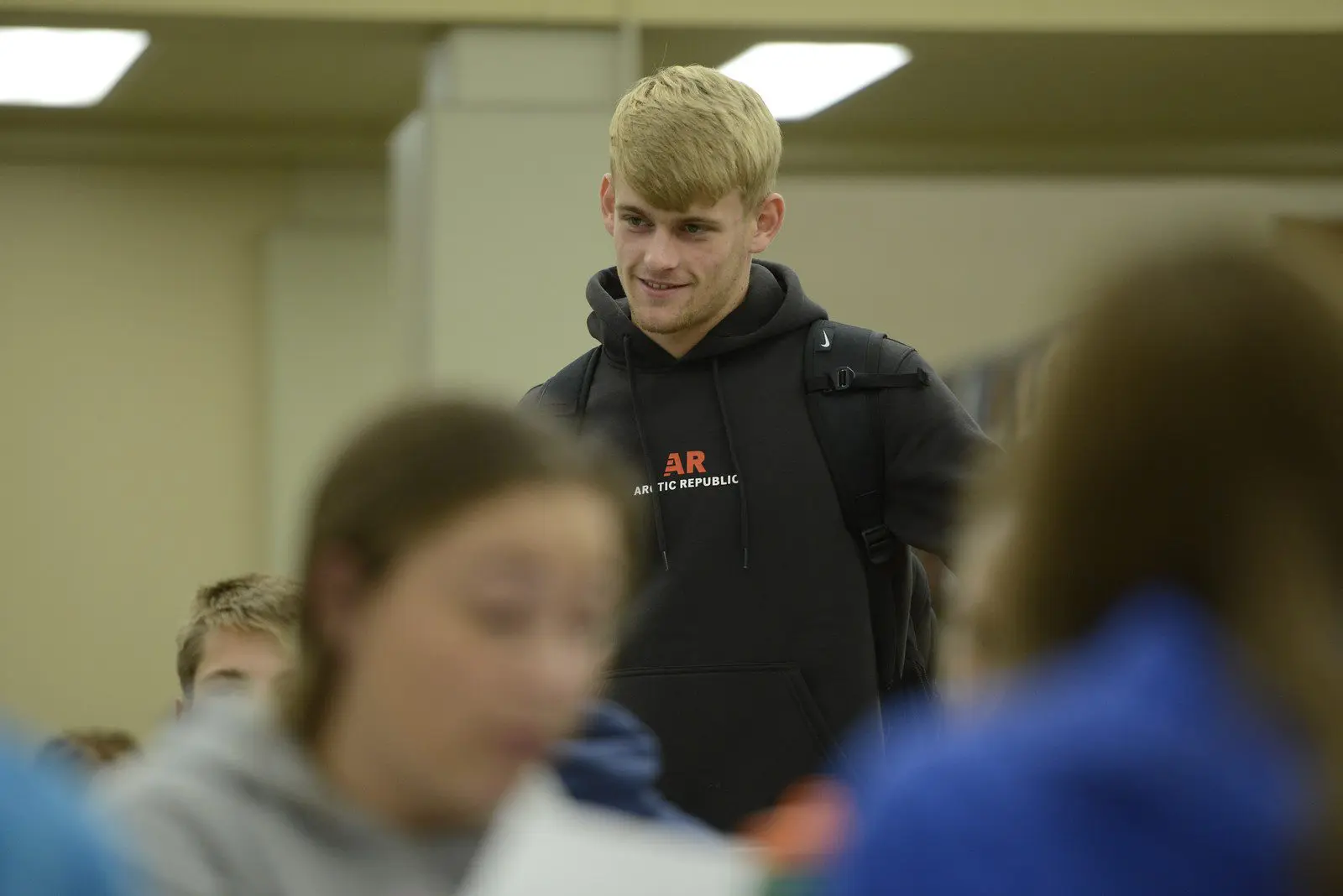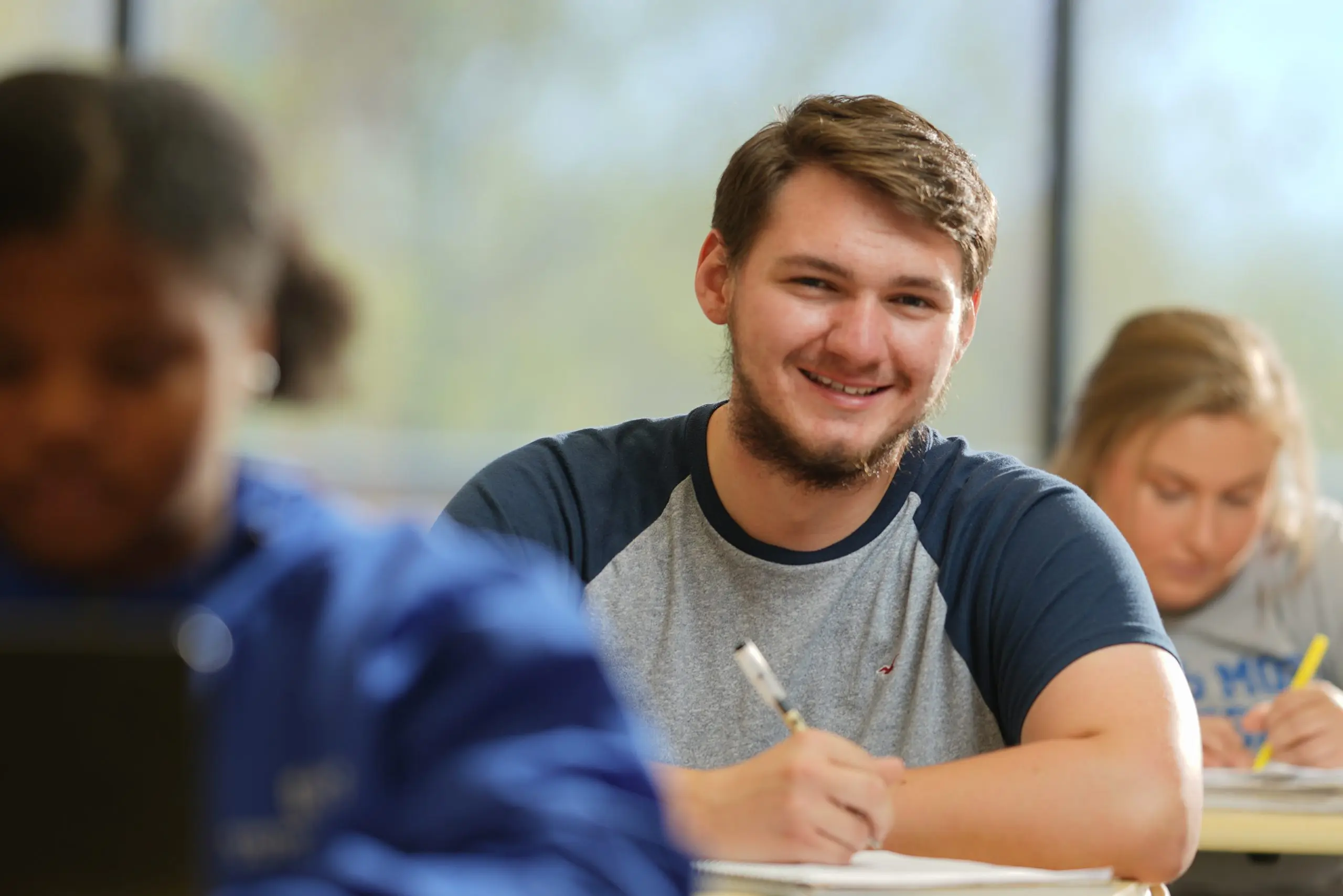
Psychology
Major/Minor

The choice of a college major is one of the most important decisions students will make. Psychology at Thomas More University is a good choice for a student fascinated by people and their behavior, or students who want to work with people who are troubled and in need. It is also a good choice for students who plan to go on to medical or law school after graduation.
Students will study and learn normal and abnormal behavior, learning, development and cognition, as well as how to conduct research in psychology. As a psychology major at Thomas More University, students will attend small classes, usually with less than 25 students, and become acquainted with both applied and scientific aspects of the field. Students will have the opportunity to intern at a hospital, social service agency, or in industry. Students also have the opportunity to conduct and present research at an undergraduate conference and to engage in service projects related to the major. Such experiences contribute to the student’s success in entering graduate school or the workforce.
The psychology curriculum at TMU provides a thorough grounding in the discipline of psychology, from both scientific and clinical/applied aspects.
The following courses are required of all majors:
- General Psychology
- Statistics
- Experimental Design
- Experimental Psychology
- Senior Seminar
Majors take four courses from each of the following groups, plus one elective course in psychology.
Clinical & Social Psychology
- Abnormal Psychology
- Clinical and Counseling Psychology
- Lifespan Development
- Psychological Testing
- Social Psychology
- Theories of Personality
- Advanced Abnormal & Clinical Psychology
Experimental Psychology
- Animal Behavior
- Biological Psychology
- Health Psychology
- Cognition
- Learning
- Motivation
- Sensation and Perception
As a psychology major, students can add a clinical concentration with only a few additional courses. This concentration may appeal to students whose interests lie in the clinical and mental health fields or for graduate training in this area.
Dr. Larry Boehm earned his Ph.D. in experimental psychology from Ohio University. His research interests include memory, decision making, and life satisfaction. Dr. Boehm has published several articles with student coauthors and has made numerous presentations with students at national and regional conferences. He teaches statistics, cognition, positive psychology, psychology, and the law, among others.
Dr. Kathie Langen graduated from Wright State University in 1986 with a doctorate in clinical psychology. She has been practicing as a clinical psychologist since that time in various settings, including private practice. Dr. Langen teaches the clinical psychology classes including abnormal psychology, clinical and counseling, testing and personality theory.
Dr. Caitlin Powell graduated from the University of Kentucky with her Ph.D. in Experimental Psychology, with a concentration in Social/Personality Psychology. She has taught classes such as General Psychology, Social Psychology, Theories of Personality, Research Methods, and Statistics. Dr. Powell studies perceptions of morality, group identity, social comparisons, and social-emotional processes. She regularly presents with her students at local, national, and regional conferences.
Dr. Whitney Pugh graduated from Auburn University with her Ph.D. in Cognitive and Behavioral Psychology with a concentration in the Psychology of Learning and Behavior. She has taught classes such as General Psychology, Learning, Biological Psychology, Lifespan Development, Educational Psychology, Motivation, Animal Behavior, and History of Ideas within Psychology. She is interested in the processes underlying fear learning, as well as the successful prevention and attenuation of pathological fear through behavioral interventions. Some of her current research interests include the effects that first order and second order conditioning have on causality judgments in humans.
Lauren Kleitz graduated from the University of Louisville with her M.S. in Experimental Psychology with a concentration in Cognitive and Developmental Sciences. She also holds a second M.S. in Customer Analytics from Xavier University. Her current research interests include user experience design, technology integration, and pedagogical effectiveness in online learning and other applied topics related to student success. Lauren teaches statistics, research methods, general psychology, and adult development and aging, among others.
Thomas More psychology students pursue a variety of advanced degrees, such as Psy. D., Ph.D., M.S.W., or M.Ed, in order to pursue counseling and other types of professional endeavors. Psychology graduates continue their students in programs across the United States, with many attending Xavier University, Spalding University, Wright State, and the University of Cincinnati. Our graduates find careers at a variety of institutions, such as the University of Cincinnati, Cincinnati Children’s Hospital, other local hospitals, mental health centers, and residential treatment centers.
Students be will be qualified to pursue a wide variety of paths in the helping professions, in private industry, or in graduate school. Keep in mind that a number of these careers require advanced degrees. Ninety percent of Thomas More’s psychology majors who apply to graduate schools are accepted.
- Advocacy
- Administration
- Alcohol & Drug Counselor
- Banking
- Centers for Physically and Mentally Disabled
- Children’s Protective Services
- Colleges and Universities
- Community Relations
- Counseling
- Correctional Facilities
- Court Systems
- Employee Assistance Plans
- Human Health Services
- Human Resources
- Family Counseling Services
- Government Programs and Agencies
- Insurance Companies
- Law Enforcement
- Marketing and Advertising
- Mental Health Services
- Nonprofit Organizations
- Parole or Probation Officer
- Program Development
- Public Relations
- Research
- Sales
- Social Services and Community Agencies
- Suicide Prevention
- Substance Abuse Centers
- Youth Services Bureaus
Another path available to students with a bachelor’s degree is to pursue an M.A., Psy.D., or Ph.D. in psychology. For a career as a professional clinical, counseling, or research psychologist, a master’s degree in psychology is required. Many Thomas More psychology graduates pursue advanced degrees in clinical and counseling psychology, social work, school psychology, or marriage and family therapy. Others earn an MBA, law, or medical degree.
Each year, psychology majors have the opportunity to do internships at local hospitals, businesses, and research facilities. The psychology internship program has had successful intern placements at regional and nationally ranked hospitals, employment service agencies, community mental health centers, substance abuse treatment centers, correctional facilities, inpatient and outpatient behavioral programs, chemical dependency programs, and specialized placements for eating disorders, forensic psychology, sports psychology, and treatment of children with autism and conduct disorders. Internships provide both clinical and research experience.
Students who plan to attend graduate school are strongly encouraged to engage in independent research. The department has a strong commitment to undergraduate research, as evidenced by sponsorship of the Mid-America Undergraduate Psychology Research Conference (MAUPRC) and student participation at undergraduate conferences. Each year at MAUPRC, psychology majors from throughout the Midwest present research papers and posters during a day long exchange of student research and guest speakers.
Students also have the opportunity to present their work at the Midwestern Psychological Association (MPA) and the Kentucky Psychological Association (KPA).
Upper level psychology students are eligible for the Ziegler and Baron Scholarships.
RELATED PROGRAMS

Interested
in becoming a Thomas More student?


